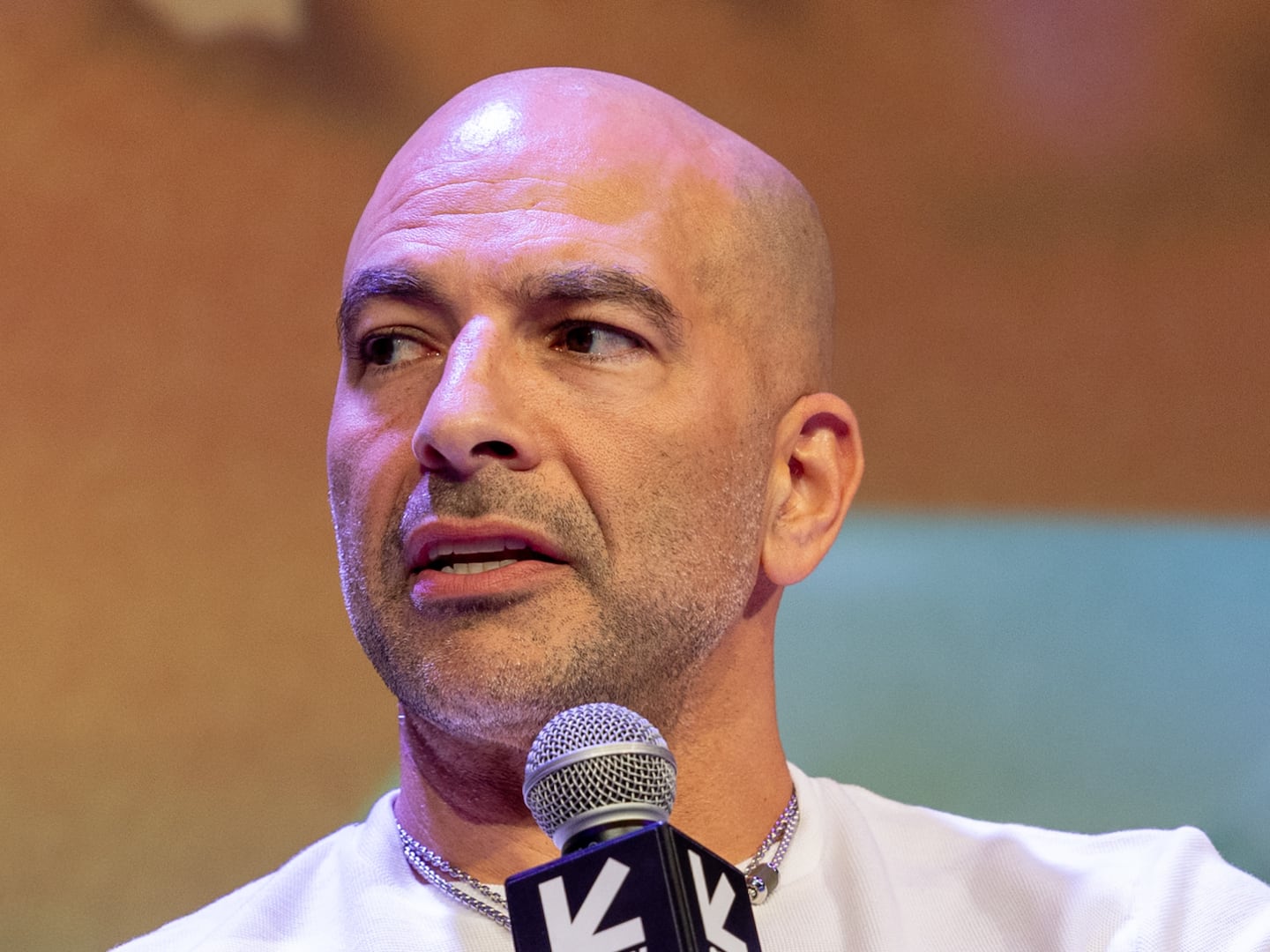Tuesday’s Senate hearing on HSBC is likely to add fuel to a debate that cuts to the core of recent criticisms of Wall Street: When a bank is found to be shockingly noncompliant in preventing money-laundering, are monetary fines enough? Or should high-level employees be criminally liable?
For some advocates of heightened enforcement, prosecuting individuals is the only clear-cut solution.
“I think we’re going to continue to see these types of gross violations of federal regulations intended to prevent money laundering until bank officials are held criminally accountable for their figures,” said Jimmy Gurulé, a Notre Dame law professor who as the Treasury Department’s under secretary of enforcement from 2001 to 2003 had oversight of the Financial Crimes Enforcement Network.
Whatever the specifics of possible remedies, the HSBC case certainly points to a massive regulatory failure. In a stinging 335-page report released Monday by the Senate Committee on Homeland Security and Government Affairs, the European megabank was accused of extremely lax enforcement of anti-money-laundering regulations. This “pervasively polluted” culture of noncompliance, as committee chair Sen. Carl Levin put it, left the bank as a facilitator of shady transactions involving launderers ranging from Mexican drug cartels to residents of Iran and other countries—some of which have terrorist ties—that are barred by law from U.S. trade.
At this point, the likely outcome appears to be a so-called deferred prosecution agreement, in which HSBC would agree to pay a fine—which some analysts have estimated could reach nine figures—and make certain reforms in exchange for delaying the prospect of criminal prosecution.
That would echo what happened to the former Wachovia Bank in 2010, when, after a similarly damning investigation, the bank (or, to be precise, its new owner, Wells Fargo) was hit with a $160 million fine as part of a deferred prosecution agreement. The investigation in that case was related to Wachovia’s own lax oversight of transactions carried out under its name, many of them connected to the Mexican drug cartel practice of using so-called casas de cambio (exchange houses) to move money across the border.

In the wake of the Wachovia deal, many critics of the government’s tactics pointed out that despite evidence of massive, widespread noncompliance, no individuals were prosecuted, and the fine was inconsequential compared to the amount of money Wachovia had moved for the cartels.
Gurulé says the same logic applies in the HSBC case.
“There’s no deterrent value in the system for compliance or noncompliance with the [law], because no one is held individually accountable for their failure,” he said.
In other words, fines don’t change behavior; prosecutions (and jail time) do.
Martin Woods, the Wachovia whistleblower and former compliance officer who ended up at the center of that scandal, agreed. Civil fines “endorse a sense of total impunity for the individual,” Woods told The Daily Beast. Now, as he did two years ago, Woods is arguing that fines have “been proven time and time and time again to fail.”
But some experts and former investigators say securing convictions of individuals isn’t as easy as it may look.
In fact, prosecutors often want to go after particular individuals early in an investigation, said one former government official involved in high-level money-laundering cases. But as the investigation grows and comes to the attention of the highest levels of government, new incentives kick in. For instance, the government will likely get bigger headlines for a major deferred-prosecution agreement against a big bank than for the more drawn-out and lower-profile process of prosecuting a middle manager.
“When you have a high-level prosecution, the more high-level attention it’s going to draw within the Department of Justice or the other government agencies affected, there’s all kinds of stuff that goes on that you might not know about,” said the former official, who asked to remain anonymous because he didn’t want to be identified as commenting on a current investigation.
In addition, money-laundering charges are often very hard to prosecute, even in cases where there appear to be incriminating emails and other evidence churned up by whistleblowers, said Annmarie McAvoy, an adjunct law professor at Fordham University who worked in the U.S. Attorney’s office, Citigroup, and Morgan Stanley (and who still consults for banks).
“It’s not so easy in these circumstances, necessarily, to figure out who was so culpable that they potentially deserve to go to jail over this stuff,” McAvoy said. “They’re very difficult cases to prove.”
A deferred prosecution with a fine, on the other hand, lets the government signal a victory—and get favorable headlines—without having to deal with the complications and risks of a full-blown prosecution.
“It’s a slam-dunk for the government, because the bank doesn’t really have much in a way of a defense,” said McAvoy, who pointed out that the government has won hundreds of millions in deferred-prosecution fines from banks like JP Morgan, Goldman Sachs, and Citigroup in recent years in cases reflecting various forms of malfeasance.
Moreover, individual prosecutions might not deal with the core problems, said Juan Zarate, a senior national-security advisor at the Center for Strategic and International Studies."For the anti-money-laundering system to work, you need the major banks to set the standard, not to be the major violators of the law," said Zarate, who served as a deputy national security advisor in the George W. Bush administration"If you're looking at longterm systemic problems, this isn't just a problem of one person," added Zarate,. In other words, it's "less about one particular person and more about the institution itself."Then there’s the ounce-of-prevention approach: while prosecuting individuals "can be a helpful deterrent," wrote Karthik Ramanna, an associate professor at Harvard Business School who specializes in business ethics, in a letter to The Daily Beast, the way we educate future business leaders is even more important."I think the problem starts with colleges and business schools, where classes in accounting, economics, and finance don't emphasize business ethics nearly as much as they should," he wrote. "Moreover, regulations are sometimes caricatured as hurdles to free enterprise, even in circumstances where they may be central to enabling efficient markets. So it's no wonder that regulatory compliance in the financial-services industry sometimes becomes a strategy of doing the bare minimum required by the letter of the law, without serious introspection on the law's public purpose."But to Woods, the Wachovia whistleblower, this is all a lot of noise if it isn't joined with an approach that holds individuals responsible for their actions. Without the threat of individuals facing jail time or fines, Woods said, the incentives to stay well within the bounds of the law quickly succumb to the pursuit of massive profits."It is time for a change in dealing with these criminal acts in order to secure a different outcome, a deterrent which reduces the crime,” he wrote to The Daily Beast in an email."It's plain and simple so why is it not applied?"






